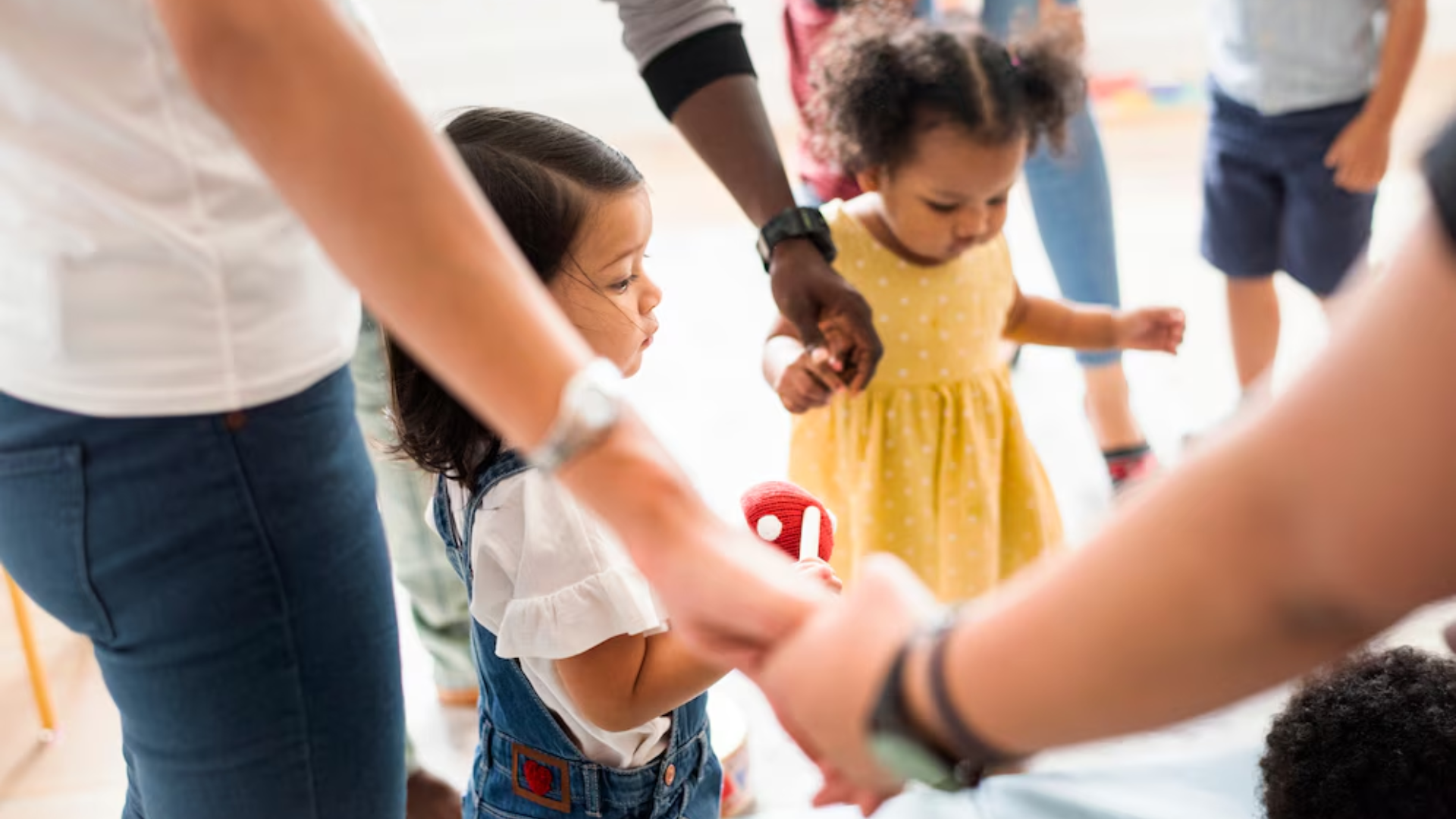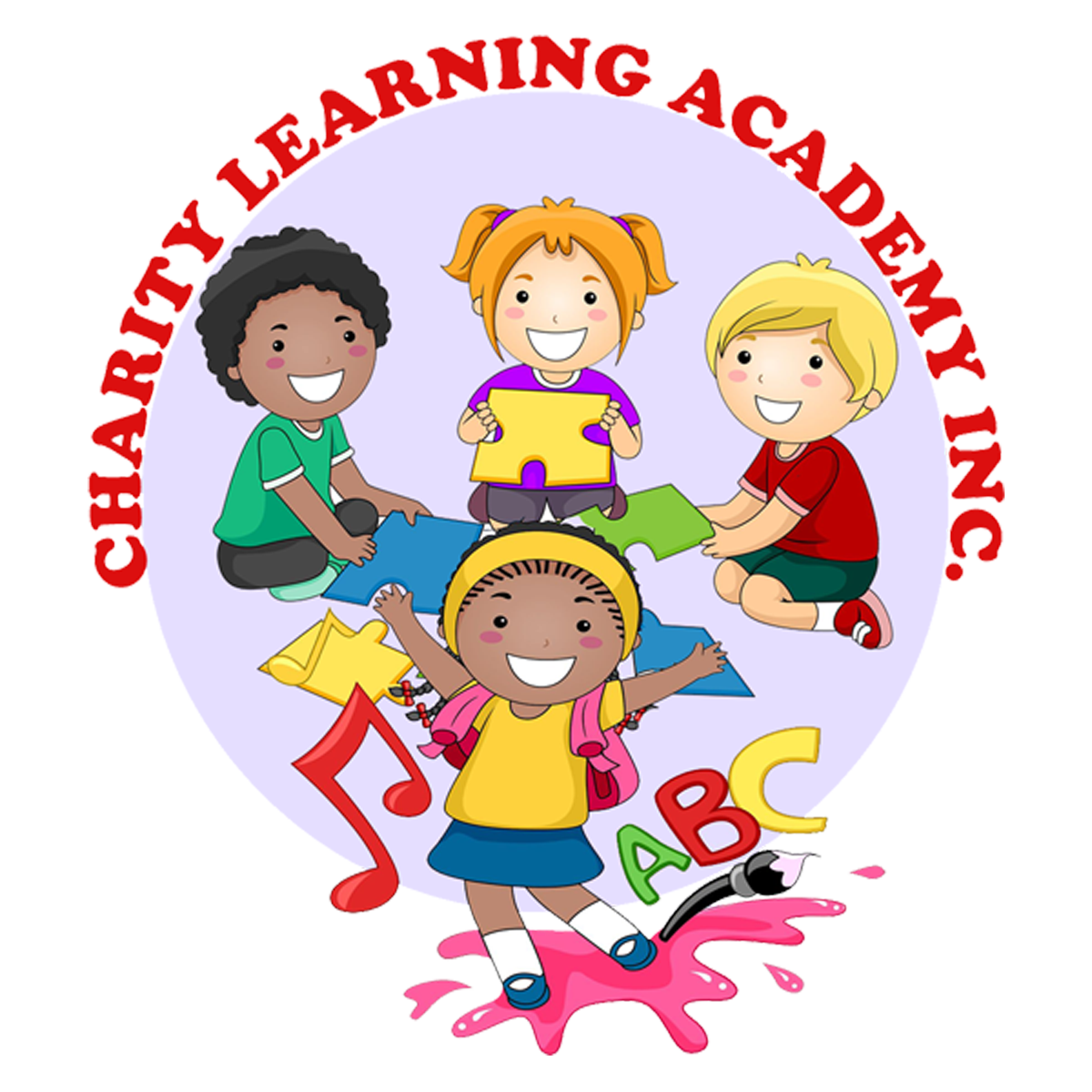Why Quality Childcare Makes a Difference in Your Child’s Development

The early years of a child’s life are some of the most important for their development. The experiences they have in these early years significantly impact their cognitive, emotional, social, and physical growth. When it comes to shaping your child’s future, the quality of childcare they receive plays a pivotal role. High-quality childcare provides children with the foundation they need for academic success, emotional well-being, and positive social interactions. It nurtures them in ways that allow them to reach their full potential, fostering skills and attitudes that will stay with them throughout their lives. In this article, we will explore in detail why quality childcare is so crucial for a child’s development, how it impacts various aspects of their growth, and what you should look for when choosing the right childcare environment.
The Early Years Matter
Research has shown that early childhood is the most critical time for brain development. The brain grows at an astonishing rate during the first five years, with 90% of brain development occurring during this period. During these formative years, children’s experiences shape their ability to think, solve problems, interact with others, and regulate their emotions. These early experiences also have a profound impact on their ability to learn later in life. As a result, the type of care a child receives in their early years can influence the course of their entire development. This makes choosing a quality childcare program all the more important.
Cognitive and Language Development
Cognitive development in the early years is largely influenced by the environment in which a child is raised. In high-quality childcare environments, children are exposed to activities that stimulate their minds and encourage critical thinking. Simple, everyday activities like singing songs, telling stories, and engaging in pretend play all contribute to cognitive development. In these settings, children are encouraged to explore, ask questions, and discover the world around them, which strengthens their problem-solving skills and curiosity.
Language development is also a key area of cognitive growth that benefits from high-quality childcare. Quality caregivers engage in conversations with children, modeling language, and expanding on their ideas. These interactions help children build their vocabulary, improve their communication skills, and become more comfortable expressing themselves. Moreover, early exposure to rich language environments—through reading, storytelling, and engaging in dialogue—helps children develop the linguistic skills they will need in school and beyond. Children who receive quality childcare are typically better equipped to express their ideas, understand others, and develop literacy skills, all of which are vital for their academic success.
Social and Emotional Development
The early years are crucial for developing emotional regulation, empathy, and social skills. In high-quality childcare programs, children are encouraged to interact with their peers in a safe, structured environment. They learn how to share, take turns, cooperate, and resolve conflicts in positive ways. These interactions help children develop key social skills, which are critical for building friendships, understanding others, and navigating the complexities of social relationships throughout their lives.
Emotional development is also a key focus in quality childcare. Children need emotional support to develop self-regulation and understand their feelings. In quality childcare environments, caregivers provide a nurturing atmosphere where children feel safe to express their emotions. They are guided on how to manage frustration, disappointment, and other strong emotions. This emotional foundation allows children to build resilience, cope with challenges, and develop a positive self-image. When children learn to manage their emotions in their early years, they are better prepared to handle the ups and downs of life as they grow older.
Physical Development and Health
Physical development is just as important as cognitive and emotional development during the early years. High-quality childcare programs recognize the importance of fostering children’s physical growth through a variety of activities that promote motor skills and overall health. Physical play, such as running, jumping, climbing, and dancing, not only strengthens a child’s body but also supports the development of coordination, balance, and fine motor skills.
Children in high-quality childcare programs are also encouraged to engage in outdoor play, which is vital for their health and well-being. Spending time outdoors allows children to engage in physical activity, breathe fresh air, and explore their surroundings. Studies have shown that children who spend time outdoors have better mental health, increased creativity, and improved attention span. In addition, quality childcare centers often focus on healthy eating habits, offering nutritious meals and snacks to support children’s growth and well-being.
School Readiness and Long Term Academic Success
One of the most significant long-term benefits of quality childcare is its positive impact on school readiness. Research has demonstrated that children who attend high-quality early childhood programs tend to do better in school and have higher academic achievement. They enter kindergarten with a strong foundation in key areas such as literacy, numeracy, and social skills, which helps them succeed academically.
Moreover, children who attend quality childcare programs are more likely to exhibit a love for learning and a strong sense of curiosity. They are accustomed to structured learning environments and are more prepared to take on the challenges of formal education. These children also tend to develop positive attitudes toward school and learning, which can have a lasting impact on their academic journey.
High-quality childcare also helps children develop the self-confidence and emotional maturity needed for success in school. When children feel supported and valued, they are more likely to take risks, ask questions, and engage actively in the learning process. These experiences contribute to their ability to thrive in academic settings and adapt to the demands of formal education.
The Role of Caregivers and Educators
A key factor in the effectiveness of any childcare program is the caregivers and educators who provide it. High-quality childcare programs employ caregivers who are not only knowledgeable about child development but are also nurturing, responsive, and empathetic. These caregivers understand that each child is unique and may have different needs. They work to create an environment where every child feels seen, heard, and valued.
Quality caregivers also understand the importance of creating a balance between structure and flexibility. While children benefit from routines and consistency, they also need opportunities for free play and exploration. High-quality childcare centers prioritize individualized care, allowing children to follow their own interests while also ensuring they receive the guidance and support they need to learn and grow.
In addition to the caregivers themselves, the physical environment of the childcare program is critical. A quality childcare setting is clean, safe, and designed to promote learning and development. The space should be organized in a way that encourages exploration and offers opportunities for children to engage in a variety of activities, such as reading, playing with blocks, creating art, and exploring sensory experiences. High-quality childcare centers also provide appropriate materials and resources that stimulate children’s creativity, imagination, and cognitive skills.
How to Identify High Quality Childcare
With so many childcare options available, it can be overwhelming to choose the right one. To help you make an informed decision, here are some factors to look for when evaluating childcare programs:
- Qualified Caregivers: Look for caregivers who are trained in early childhood education and have a deep understanding of child development. They should be compassionate, patient, and responsive to your child’s needs.
- Safe and Stimulating Environment: The childcare center should provide a clean, safe, and welcoming environment with plenty of opportunities for play and learning. Look for spaces that are rich in age-appropriate materials, books, and toys.
- Low Child-to-Caregiver Ratios: A lower ratio ensures that each child receives individualized attention. Smaller groups allow caregivers to engage more effectively with each child, providing more opportunities for learning and growth.
- Structured Curriculum: The childcare program should provide a balanced curriculum that promotes both structured activities and free play. A curriculum that encourages creativity, critical thinking, and problem-solving is essential for cognitive development.
- Health and Safety Practices: The childcare center should adhere to strict health and safety guidelines, including proper sanitation, nutritious meals, and regular health check-ups.
- Parental Involvement: High-quality childcare programs value partnerships with parents. They should keep you informed about your child’s progress and encourage communication between home and the childcare center.
Our blog post on how to foster social and emotional growth in toddlers complements the ideas discussed in the power of early learning in shaping your child's future, highlighting the critical role early emotional and social development plays in a child's long-term success and well-being.
Conclusion
Quality childcare plays an essential role in shaping your child’s future. From cognitive and language development to emotional and social growth, the right childcare program provides a strong foundation for your child’s success in school and life. By choosing a high-quality childcare environment, you are giving your child the best possible start in life. This early support, guidance, and nurturing can have lasting benefits, helping children develop the skills they need to thrive academically, socially, and emotionally. The impact of quality childcare is undeniable, and it’s one of the most important investments you can make in your child’s future.










